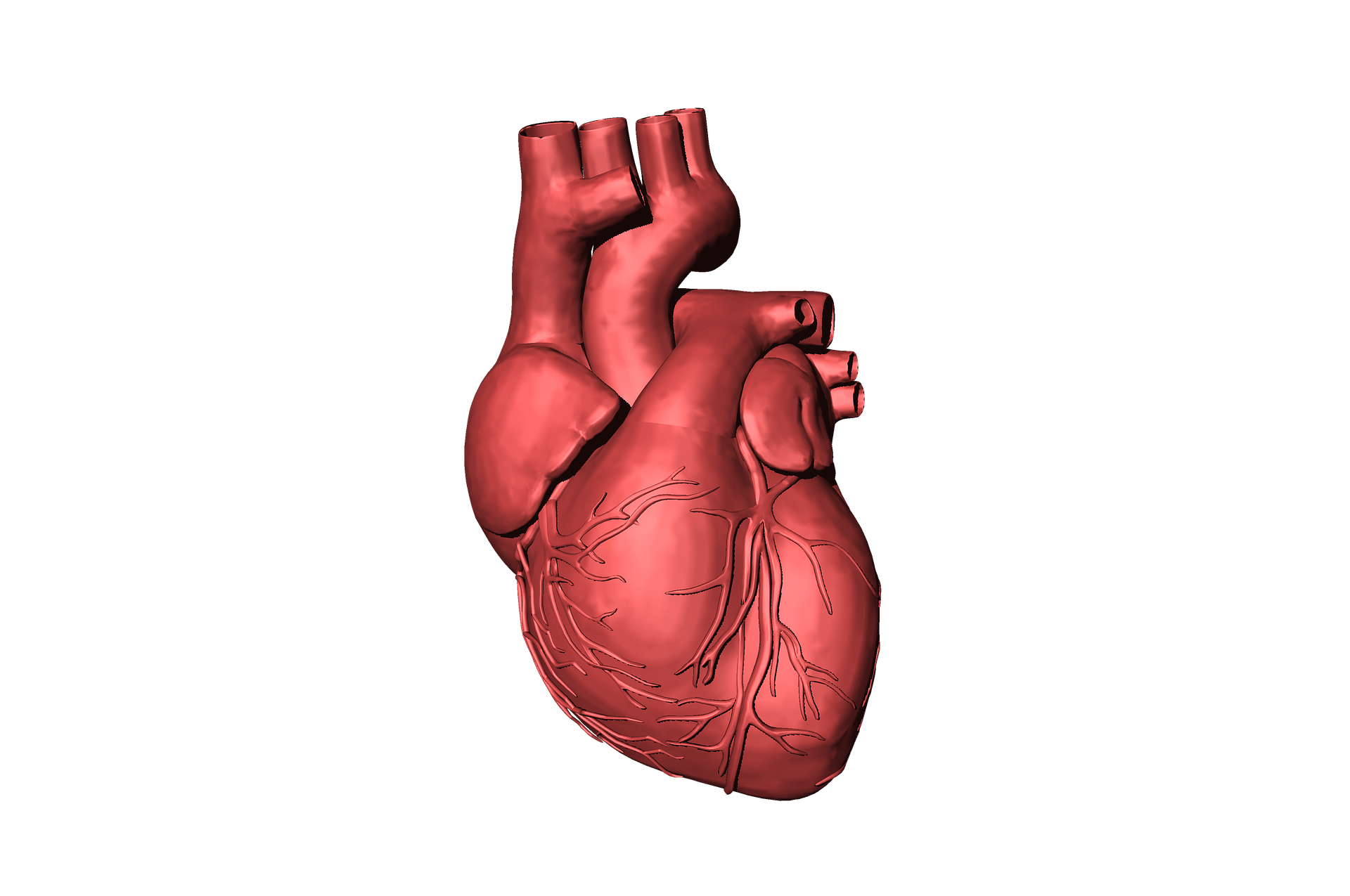A normal resting heart rate for adults can range from 60 to 100 beats per minute (bpm). However, a lower resting heart rate is generally considered to be a sign of good cardiovascular health, as it indicates that your heart is working efficiently and doesn’t need to work as hard to pump blood through your body.
In general, a resting heart rate below 60 bpm is considered to be a good sign, especially for athletes or people who engage in regular physical activity. However, if you have a resting heart rate that is consistently above 100 bpm or below 60 bpm, it may be a sign of an underlying health condition and you should speak with your healthcare provider to get it checked out.
Keep in mind that individual factors, such as age, fitness level, and overall health, can affect your resting heart rate, so it’s important to pay attention to your body and talk to your healthcare provider if you have any concerns.


